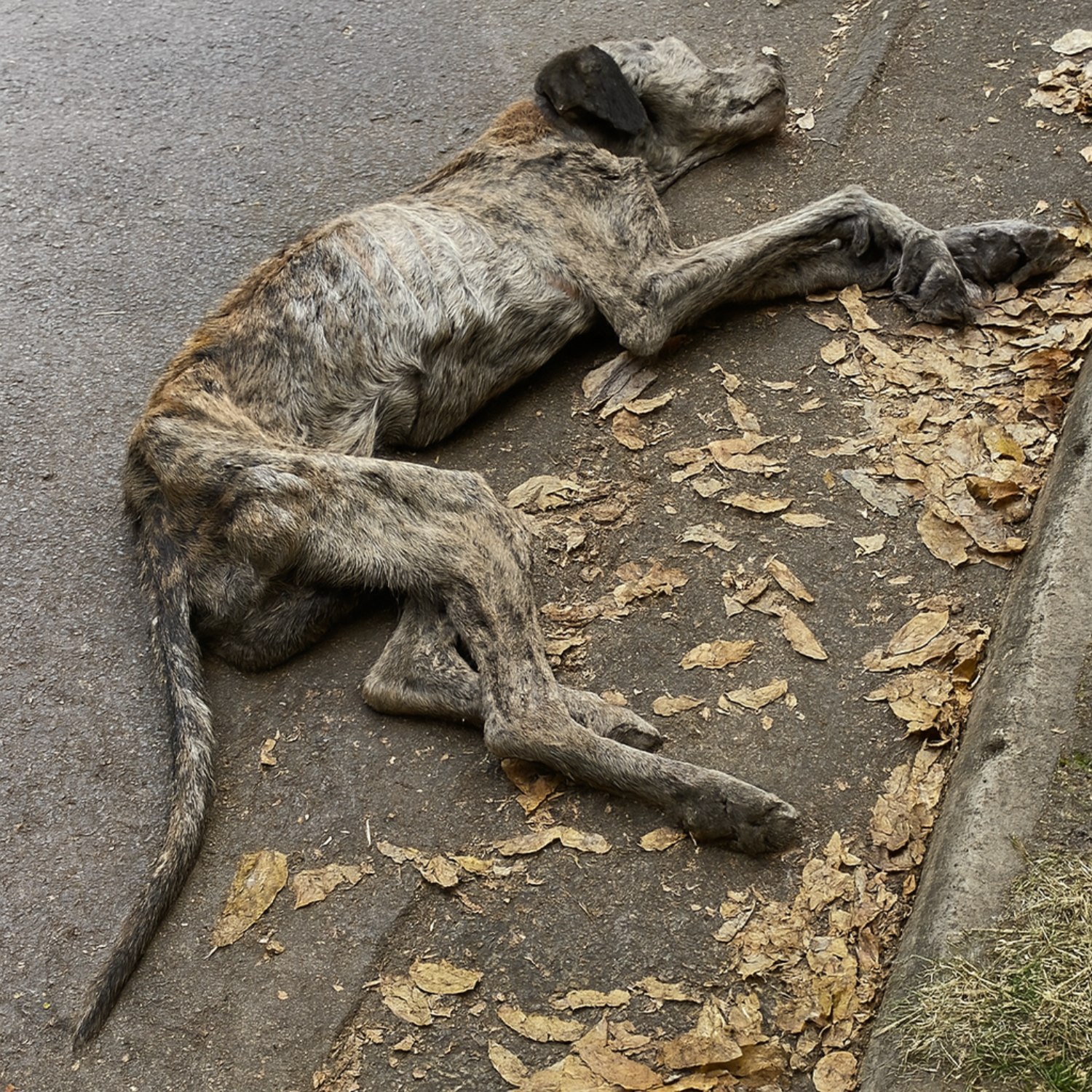Did you know that more than 37 million Americans suffer from chronic kidney disease—and many don’t even know it? The kidneys are small but powerful organs that filter over 50 gallons of blood every single day. Yet, what you eat can either support their function or slowly damage them. Many common foods that seem harmless can silently strain your kidneys, leading to long-term issues.
Imagine drinking your favorite soda or indulging in processed snacks without realizing the hidden toll they’re taking on your kidneys. Over time, this damage adds up, increasing your risk of high blood pressure, swelling, fatigue, and even kidney failure. The good news? By learning which foods to avoid, you can protect your kidneys and keep them working well for years to come.
In this article, you’ll discover 12 specific foods and drinks that can harm your kidneys if consumed in excess. More importantly, you’ll also learn healthier alternatives, real-life examples, and practical tips to support kidney health naturally.
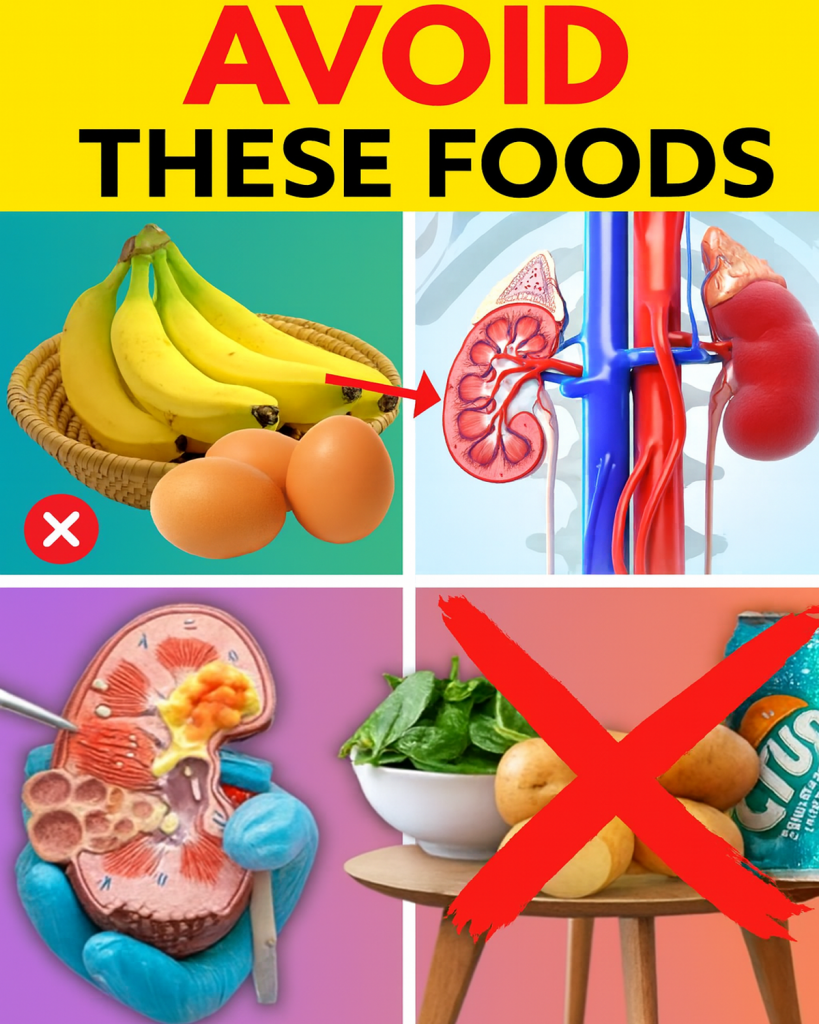
Why Food Choices Matter for Kidney Health
The kidneys act as filters, removing waste, balancing electrolytes, and regulating blood pressure. When certain foods overload them with sodium, sugar, or toxins, they have to work overtime. Over the years, this can weaken their function.
Risk factors such as diabetes, hypertension, obesity, and high-sodium diets accelerate kidney damage. That’s why knowing which foods stress your kidneys is the first step toward prevention.
1. Processed Meats
Bacon, sausages, hot dogs, and deli meats are loaded with sodium and preservatives like nitrates. These chemicals not only increase blood pressure but also create more waste for the kidneys to filter.
Better Alternative: Lean fresh cuts of chicken, turkey, or fish without added salt.
2. Canned Soups and Instant Meals
They may be quick and convenient, but canned soups and instant noodles often contain over 1,000 mg of sodium per serving—nearly half your daily limit. Too much sodium causes water retention, swelling, and puts pressure on the kidneys.
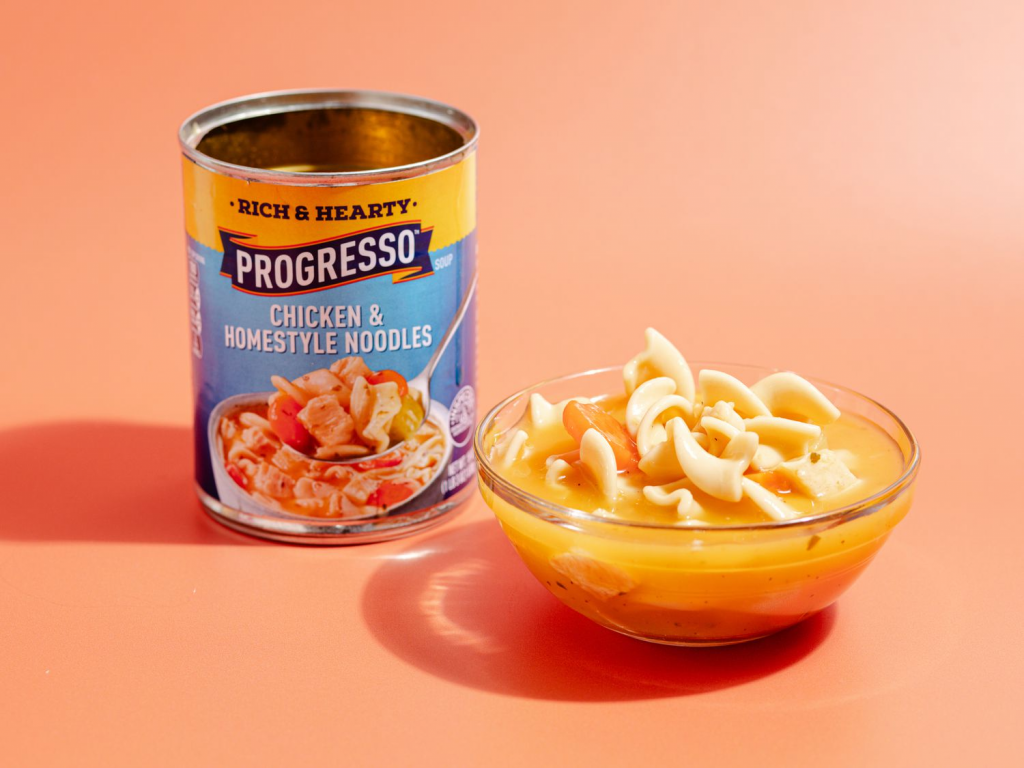
Better Alternative: Homemade soups with fresh herbs and reduced salt.
3. Soda and Sugary Drinks
Regular consumption of soda has been linked to kidney stones, obesity, and diabetes—all major contributors to kidney damage. Phosphoric acid in colas may further weaken kidney health.
Better Alternative: Sparkling water with lemon or unsweetened iced tea.
4. Salty Snacks
Chips, pretzels, and crackers may seem innocent, but their high sodium content is a silent kidney destroyer.
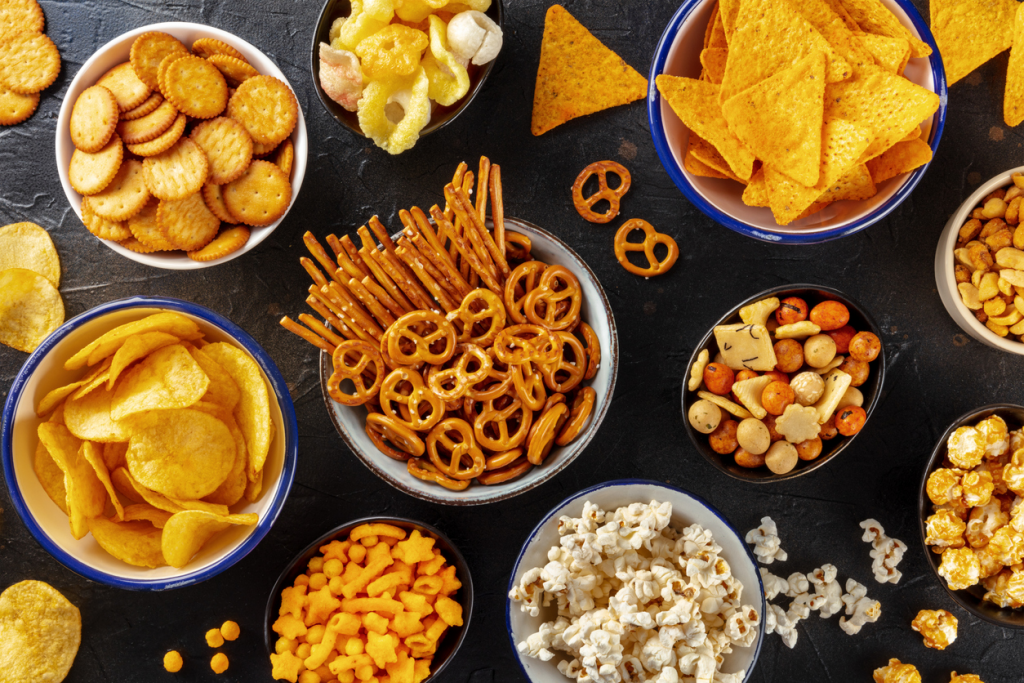
Better Alternative: Air-popped popcorn or unsalted nuts.
5. Red Meat in Excess
Eating too much red meat increases acid production in the blood, which the kidneys struggle to balance. This “metabolic load” can worsen kidney function over time.
Better Alternative: Moderate intake of plant-based proteins like beans and lentils.
6. Frozen Meals
Many frozen dinners are “hidden salt bombs.” Even those labeled as “healthy” may have more sodium than recommended.
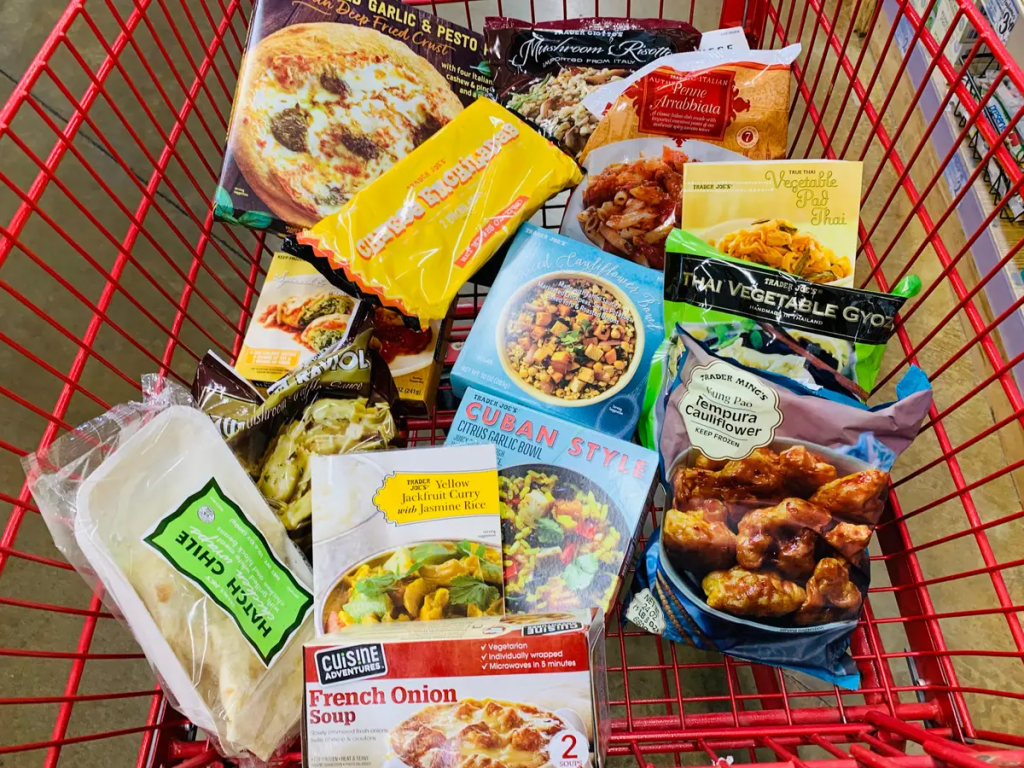
Better Alternative: Batch cook fresh meals and freeze them in portions.
7. Pickles and Fermented Foods with Added Salt
While fermented foods can be healthy, commercial pickles and kimchi often contain excess sodium that overburdens the kidneys.
Better Alternative: Homemade fermented vegetables with controlled salt levels.
8. White Bread and Refined Grains
Refined carbs spike blood sugar levels, which can harm kidneys indirectly through diabetes progression. White bread also lacks fiber, making it less kidney-friendly.

Better Alternative: Whole grain or sprouted bread.
9. Fast Food
Burgers, fries, and pizza are high in saturated fats, sodium, and sugar—all triple threats to kidney health.
Case Example: A study showed that people who consumed fast food more than twice a week had higher rates of kidney dysfunction compared to those who rarely did.
Better Alternative: Homemade versions with fresh ingredients and less oil.
10. Alcohol in Excess
Heavy drinking raises blood pressure and dehydrates the body, forcing kidneys to filter toxins more aggressively. Over time, this increases the risk of kidney disease.
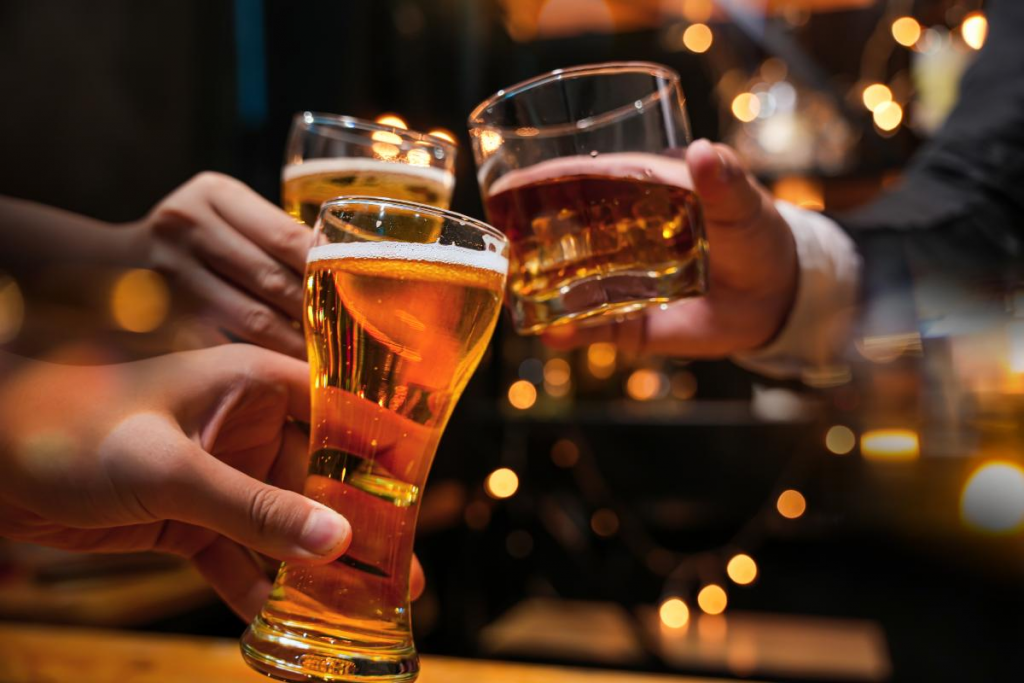
Better Alternative: Limit to moderate intake (1 drink/day for women, 2 for men).
11. Dairy Products in Excess
Milk, cheese, and yogurt are nutritious but can be problematic for people with kidney disease because of their high phosphorus and potassium content. These minerals can build up and cause complications.
Better Alternative: Plant-based alternatives like almond or oat milk.
12. Artificial Sweeteners
While often marketed as “healthy,” artificial sweeteners may disrupt kidney function when consumed frequently. Some studies link them to a higher risk of kidney decline.
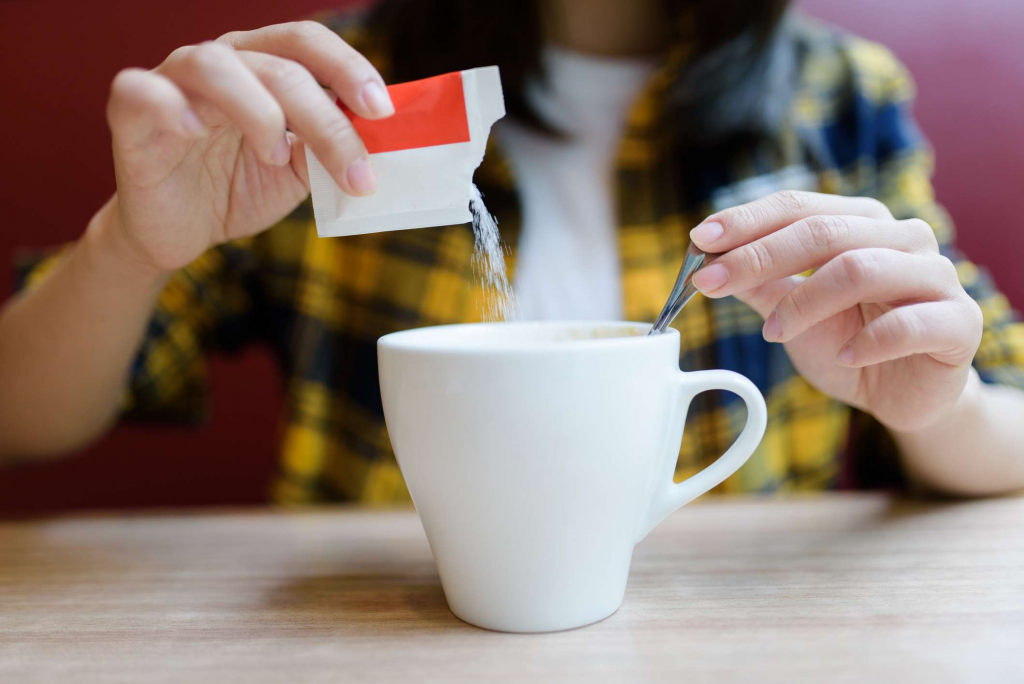
Better Alternative: Natural sweeteners in moderation, such as raw honey or stevia.
Table: Foods That Harm vs. Foods That Help
| Harmful for Kidneys | Healthier Choice |
|---|---|
| Processed meats | Fresh lean meats |
| Canned soups | Homemade soups |
| Soda | Sparkling water |
| Chips & pretzels | Unsalted nuts |
| Red meat excess | Plant proteins |
| Frozen dinners | Fresh batch-cooked meals |
| Pickles (salty) | Low-salt homemade pickles |
| White bread | Whole grains |
| Fast food | Homemade meals |
| Excess alcohol | Moderate intake |
| Excess dairy | Plant-based alternatives |
| Artificial sweeteners | Natural sweeteners |
Everyday Tips to Protect Your Kidneys
- Drink plenty of water to flush toxins.
- Limit processed foods; cook more meals at home.
- Read nutrition labels carefully to track sodium.
- Maintain a balanced diet rich in fruits and vegetables.
- Exercise regularly to support circulation and blood pressure.
Real-Life Example: A man in his 50s with early kidney disease switched from daily fast food lunches to home-prepared salads with grilled chicken. Within six months, his blood pressure dropped, and his kidney function stabilized.
Conclusion
Your kidneys work tirelessly every day, but what you eat can either protect them or slowly destroy them. By avoiding these 12 harmful foods and replacing them with healthier options, you give your kidneys the care they deserve. Small, consistent changes in your diet can make a huge difference in preventing long-term damage.
Quick FAQs
- Can I eat these foods occasionally? Yes, but moderation is key.
- Are all high-protein foods bad for kidneys? No, but excess animal protein can stress them.
- What’s the most important step to protect kidneys? Reducing sodium and processed foods.
Disclaimer: This article is for informational purposes only and does not replace professional medical advice. Always consult your doctor before making major dietary changes, especially if you have existing kidney problems.
